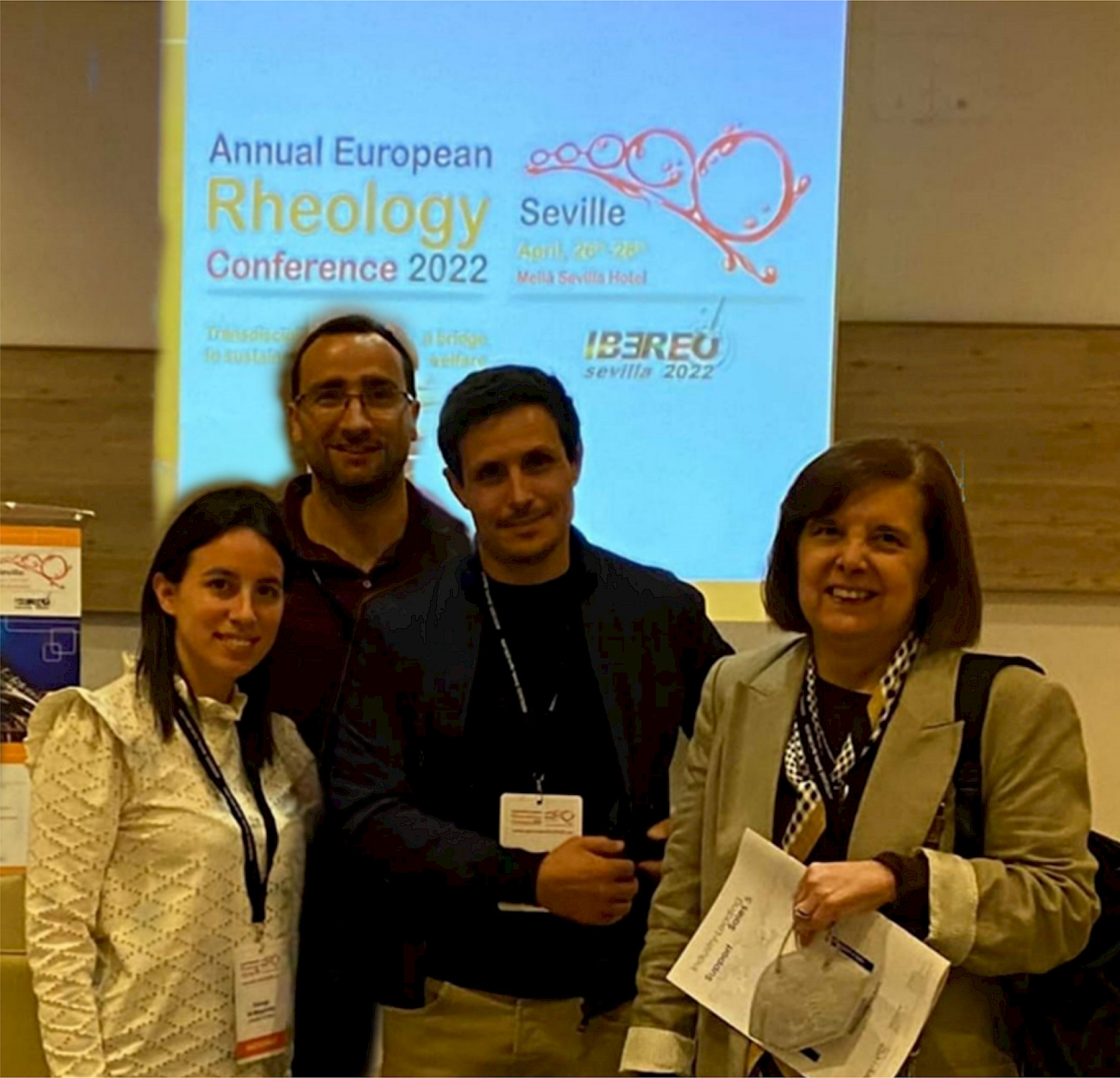UC researchers develop bioprocess to remove microplastics from wastewater treatment plants
The work shows that industrial effluents are not the ones that contribute most to microplastic contamination when compared to domestic effluents from municipal wastewater treatment plants.
English version: Diana Taborda
A research work led by the University of Coimbra has shown that industrial effluents are not the main contributors to microplastic contamination when compared with domestic effluents from municipal wastewater treatment plants The research team is developing a bioprocess based on agro-forestry waste to remove these particles.
The main goal of the study is to understand the contamination potential from industrial effluents after treatment in companies' wastewater plants, and is being carried out by a research team from the Department of Chemical Engineering (DEQ) of the Faculty of Sciences and Technology of the University of Coimbra (FCTUC) in the framework of the project "Make water cleaner".
According to Solange Magalhães, researcher at the Chemical Process Engineering and Forest Products Research Centre (CIEPQPF) , "we have already analysed the chemical composition of the main microplastics found, and the most common in effluents from different industries is polyethylene terephthalate (PET), a polymer widely used across different sectors".
Furthermore, "the physical-chemical properties of the microplastics found suggest that most have a negative surface charge, which means that the bioflocculants now being developed - which were obtained from agro-forestry waste and biomass from invasive species - provide an efficient flocculation process for their subsequent removal", explains the FCTUC researcher, further adding that flocculation is an essential process in the conventional treatment of effluents, widely used in wastewater treatment plants.
Due to the high usage of plastics and the poor separation and disposal for recycling by their users, contamination of the environment by microplastics has become an emerging problem worldwide. Accordingly, the FCTUC team believes that "all technologies that allow mitigating this problem have a great environmental and social interest. Biomass waste valorisation and the development of a product that prevents environmental contamination, while avoiding the use of synthetic origin compounds, also has a major impact".
The project “Make water cleaner” is funded by the Portuguese Foundation for Science and Technology and has the participation of researchers from the University of Algarve, Portugal, and MidSweden University, Sweden.

